Groovy Integration Testing with
Docker and Testcontainers

-
Doctoral Researcher @ Institute for Internet Security
- Head of Blockchain Lab
- Consultant @ Styrascosoft
- Testcontainers Maintainer and Open Source Enthusiast
- Oracle Groundbreaker Ambassador
- Organizer Software Craftsmanship Meetup Ruhr
Kevin Wittek @kiview



Why do we Test?

Ariane 5 (Report on Inquiry Board)
The internal SRI* software exception was caused during execution of a data conversion from 64-bit floating point to 16-bit signed integer value. The floating point number which was converted had a value greater than what could be represented by a 16-bit signed integer.
Ariane 5 (Recommendations)
R10 Include trajectory data in specifications and test requirements.
R11 Review the test coverage of existing equipment and extend it where it is deemed necessary.
R12 Give the justification documents the same attention as code. Improve the technique for keeping code and its justifications consistent.
R13 Set up a team that will prepare the procedure for qualifying software, propose stringent rules for confirming such qualification, and ascertain that specification, verification and testing of software are of a consistently high quality in the Ariane 5 programme. Including external RAMS experts is to be considered.
Key learnings
- Easy setup of complete test environments
- Not a lot effort to integration test using real external applications
- Avoid integrated tests!
$ git clone https://github.com/foo/bar.git
$ cd bar
$ ./gradlew build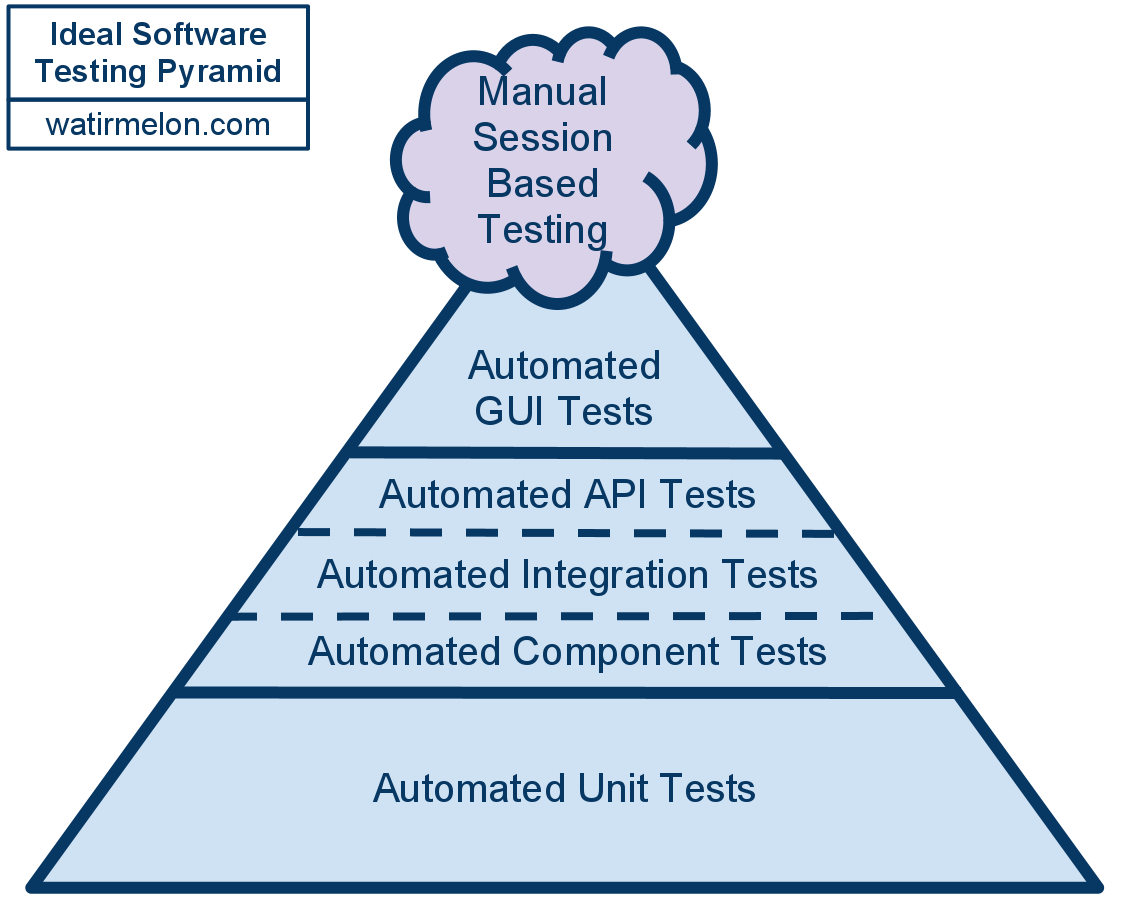
My definiton
For example:
- Launch application server
- Framework/Library interactions
- Interact with external ports (e.g. network, file system, database)
"Tests which interact with external systems/dependencies"
But why a pyramid?
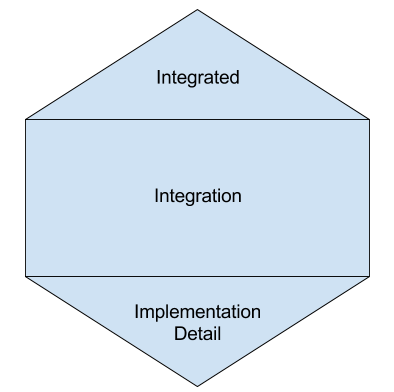
Testing Honeycomb
Integrated Tests
"I use the term integrated test to mean any test whose result (pass or fail) depends on the correctness of the implementation of more than one piece of non-trivial behavior." - J.B. Rainsberger
"A test that will pass or fail based on the correctness of another system." - Spotify
Integrated Tests
For example:
- We (manually) spin up other services in a local testing environment
- We test against other services in a shared testing environment
- Changes to your system breaks tests for other systems
Which tools to use?
(in the JVM world and beyond)
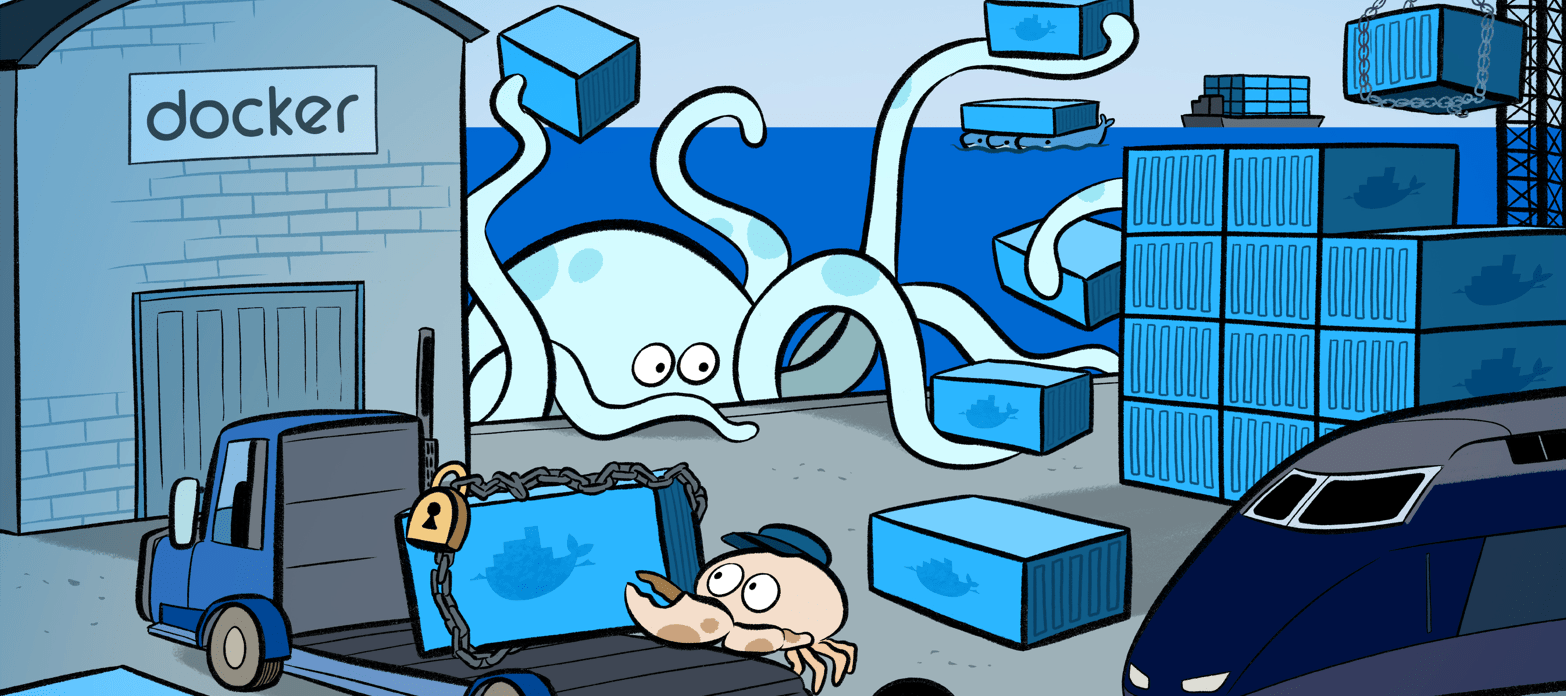
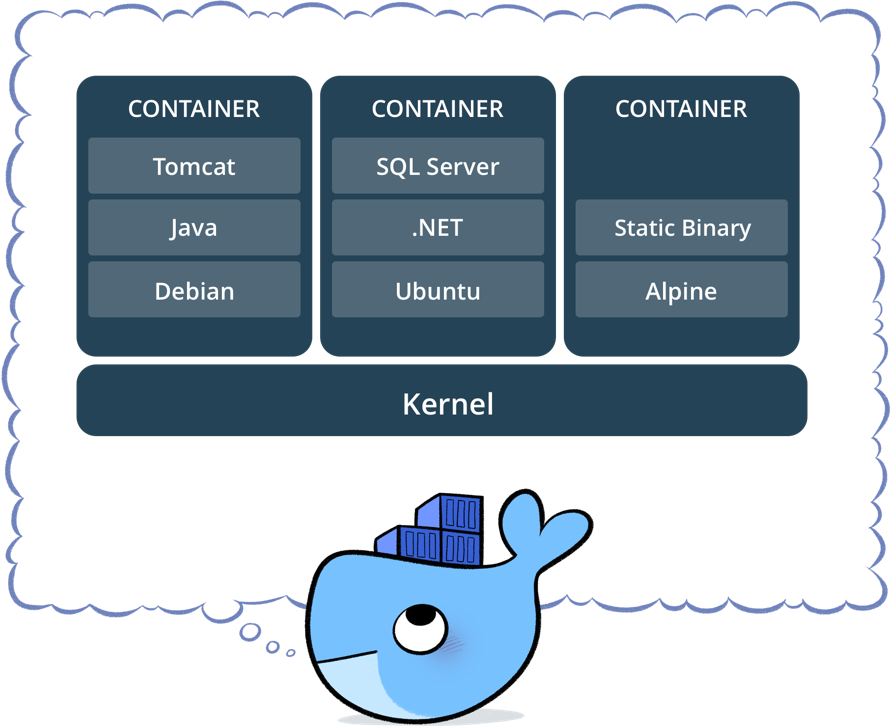
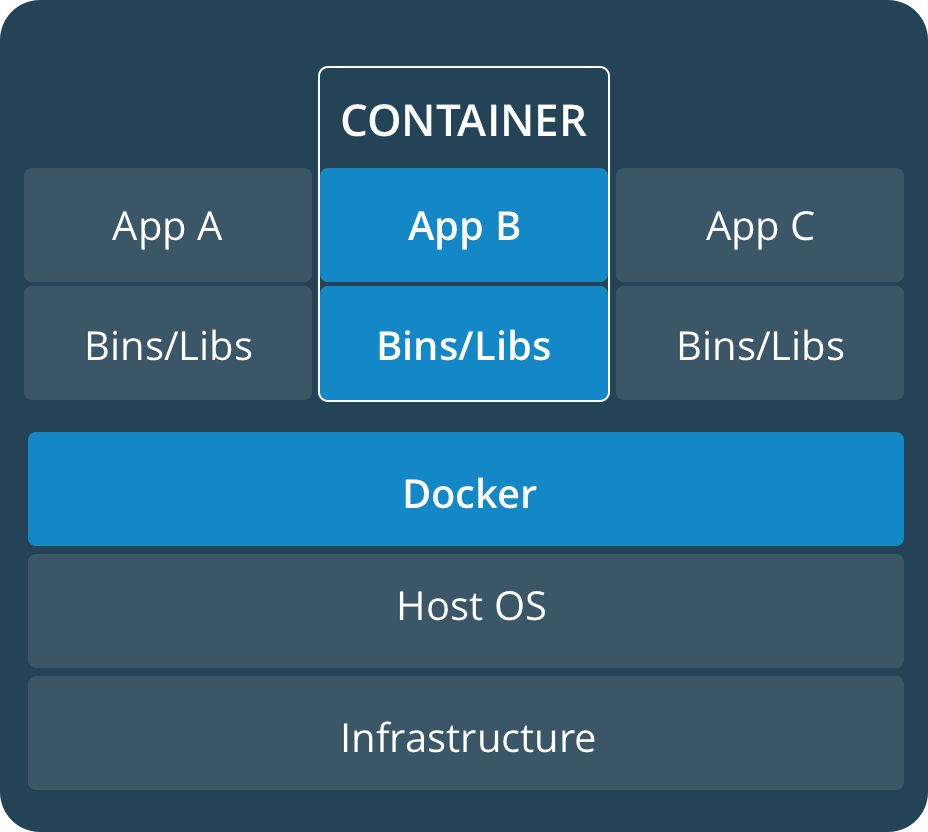
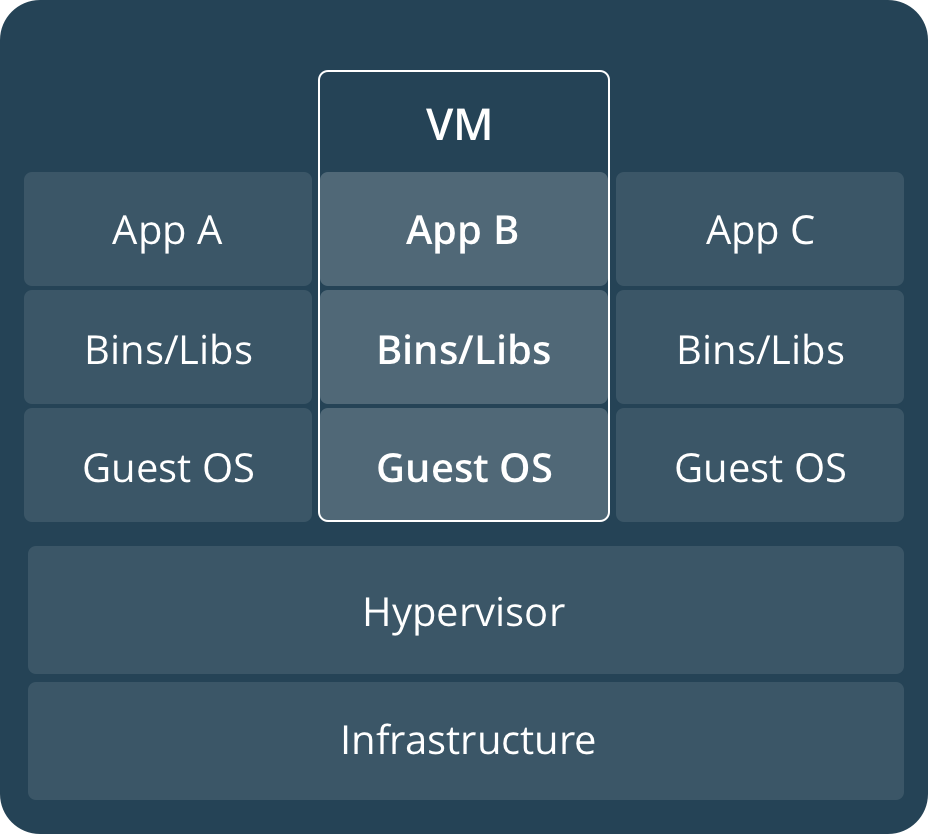
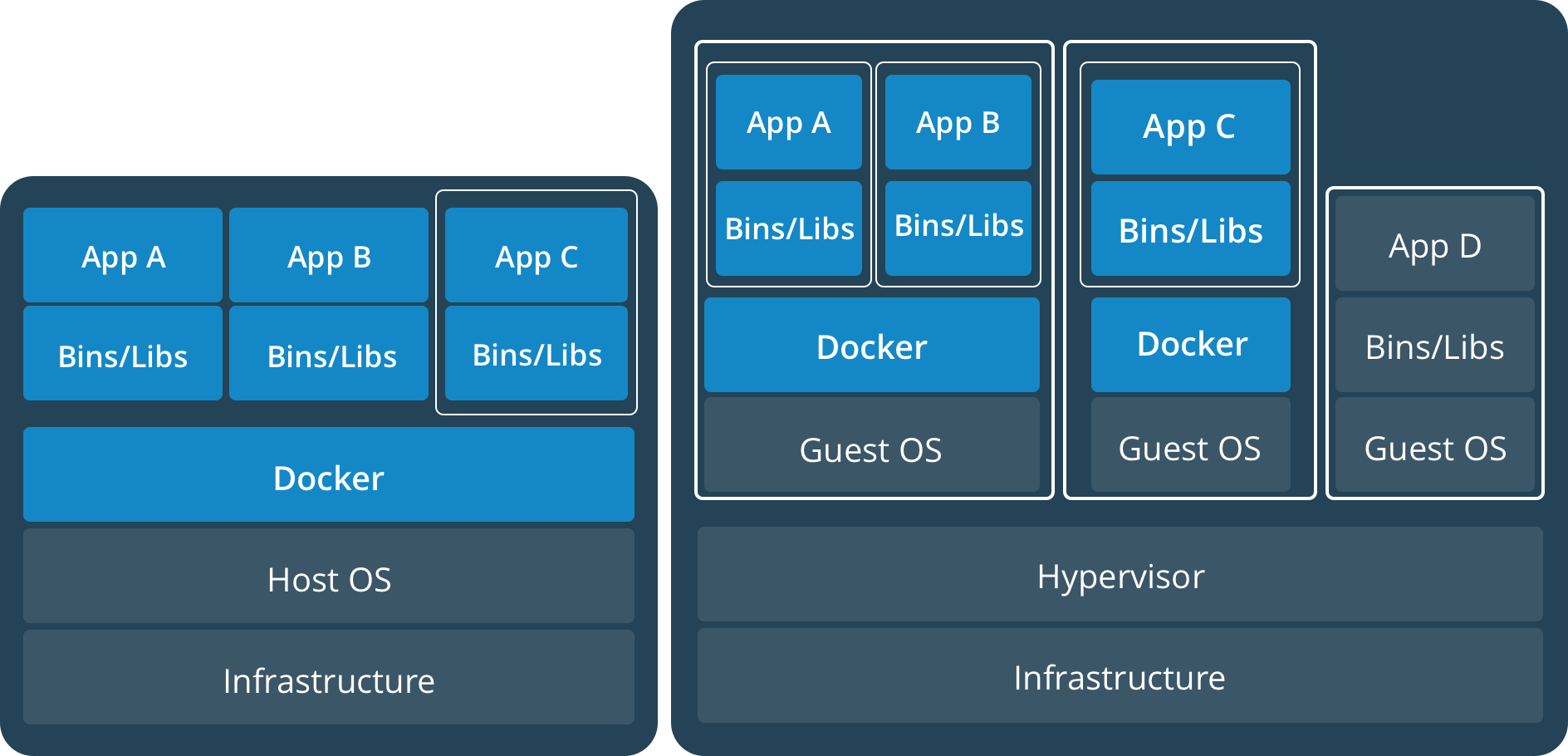
Why combine?
- Easy setup of dev environment
- Uniform build and test environments
- Also self contained and portable!
- No installation and setup of external software
- Except Docker 😜
How to fuse both worlds?
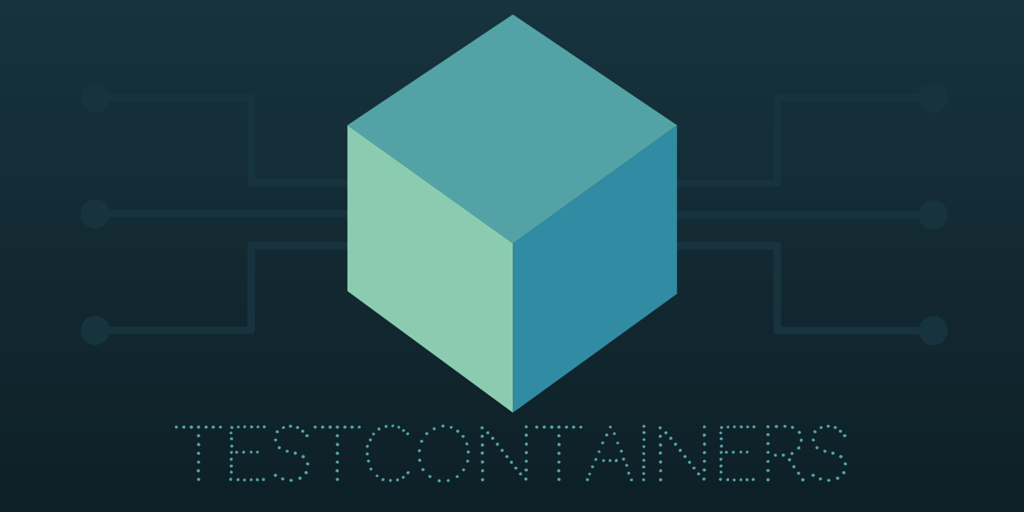
GenericContainer redis =
new GenericContainer("redis:3.0.2")
.withExposedPorts(6379);
redis.start();
// test my stuff
redis.stop();The Project
- testcontainers-java first released in 2015
- 100% OSS, MIT licensed
- 65 releases, 149 contributors
- Core maintainers
- Richard North
- Sergei Egorov
- Kevin Wittek
- Forks in Python, C#, Rust, Go, JS; Scala wrapper (+ unofficial Clojure wrapper 😁)

@whichrich


Capabilities
- Generic docker container support
- use any Docker image to support tests
- Databases (many!) and Stream processing (Kafka, Pulsar)
- AWS mocks (Localstack)
- Docker Compose
- Or Docker Compose alternative!
- Selenium
- Chaos testing (toxiproxy)
Capabilities (2)
- Dynamic port binding and API
- WaitStrategies
- Docker environment discovery (e.g. docker-machine, DOCKER_HOST, Docker for Mac, Docker for Windows)
- Platform independent
- Linux, macOS, Windows 10 (with NPIPE support!)
Support all Major CI Systems!
- Jenkins
- TravisCI
- GitlabCI
- CircleCI
- Azure DevOps Pipelines
- Bitbucket
- GitHub Actions
- ...
// Set up a redis container
@ClassRule
public static GenericContainer redis =
new GenericContainer("redis:3.0.2")
.withExposedPorts(6379);JUnit4 Rules
Spock Extension
@Testcontainers
class TestContainersClassIT extends Specification {
@Shared
GenericContainer genericContainer =
new GenericContainer("postgres:latest")
.withExposedPorts(5432)
.withEnv([
POSTGRES_USER: "foo"
POSTGRES_PASSWORD: "secret"
])
}Testcontainers-Jupiter (JUnit5)
@Testcontainers
class SomeTest {
@Container
private MySQLContainer mySQLContainer = new MySQLContainer();
@Test
void someTestMethod() {
String url = mySQLContainer.getJdbcUrl();
// create a connection and run test as normal
}
}
Singleton Container Pattern
abstract class AbstractContainerBaseTest {
static final MySQLContainer MY_SQL_CONTAINER;
static {
MY_SQL_CONTAINER = new MySQLContainer();
MY_SQL_CONTAINER.start();
}
}
class FirstTest extends AbstractContainerBaseTest {
@Test
void someTestMethod() {
String url = MY_SQL_CONTAINER.getJdbcUrl();
// create a connection and run test as normal
}
}Testcontainers 1.14.0 Released!

Auto generated GHA

Auto generated GHA

Test Matrix
task testMatrix {
project.afterEvaluate {
def checkTasks = subprojects.collect {
it.tasks.findByName("check")
}.findAll { it != null }
dependsOn(checkTasks)
doLast {
// Obtain a list of check tasks that are not up-to-date, i.e.
// the ones which Gradle cannot find a cached output for.
def checkTaskPaths = checkTasks
.findAll { !it.state.upToDate }
.collect { it.path }
println(JsonOutput.toJson(checkTaskPaths))
}
}
}Spring 5.2.5
@DynamicPropertySource
@SpringBootTest
@Testcontainers
class ExampleIntegrationTests {
@Container
static Neo4jContainer<?> neo4j = new Neo4jContainer<>();
@DynamicPropertySource
static void neo4jProperties(DynamicPropertyRegistry registry) {
registry.add("spring.data.neo4j.uri", neo4j::getBoltUrl);
}
}Docker-Compose


version: "3"
services:
vote:
image: vote-frontend
command: python app.py
volumes:
- ./vote:/app
ports:
- "5000:80"
redis:
image: redis:alpine
ports: ["6379"]
worker:
image: worker
db:
image: postgres:9.4
result:
image: result-frontend
command: nodemon --debug server.js
volumes:
- ./result:/app
ports:
- "5001:80"
- "5858:5858"
TC as a DockerCompose replacement
CI inside containers?

Docker in Docker - DinD




Docker Wormhole
Docker Wormhole
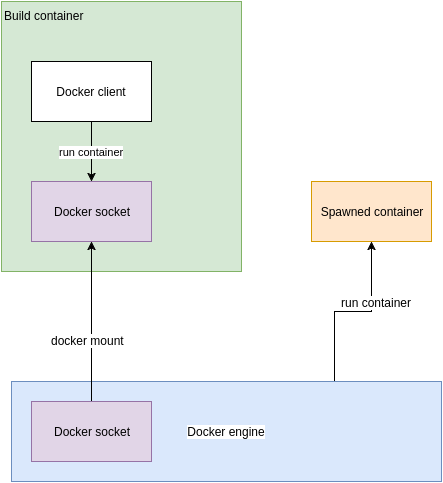

Future
and Common Pitfalls...

SELF-typing is sometimes a PITA
- Pattern defined in "Effective Java"
- Generic type with a recursive type paramter
- MyClass<T extends MyClass<T>>
- Doesn't play nice with other JVM languages (Scala, Kotlin)
- Confusing for new users and contributors
- Not consistent with all modules
Ideas
- Using functional Builder-Pattern
- Maybe Lombok @SuperBuilder?
- Double Brace Initialization
- People don't like this 😱

Double Brace Initialization 😜
private GenericContainer myContainer = new GenericContainer("myImage:42.23") {{
withExposedPorts(4711);
if (System.getenv().get("INSIDE_CI") == null) {
org.testcontainers.Testcontainers.exposeHostPorts(8080);
}
}};TDD workflows

- Container startup introduces overhead
- Testcontainers should be ephemeral
- We still want to avoid test pollution and integrated tests

Moar Future
- Testcontainers 2.0
- Complete Podman support
- Working with RedHat on making the TC test suite feature parity reference test suite :)
- Container-Core
- Test-Framework agnostic
- OO abstraction of Docker containers
- Other languages
- More languages and aligning existing forks
- GraalVM (mind=blown)


Far Future...
TODO: add Safe Harbor Statement here
- Windows Containers on Windows (WCOW)
- Orchestrators (Docker Swarm, Kubernetes)
- Maybe one day... (Help from experts welcome!)
- Other container engines (e.g. Podman, Firecracker)
- Build and test inside containers with full IDE support
- Cloud IDEs (Codespaces?)
- Visual Studio Code Remote Development
- Support for lightweight dev workstations

GitHub Sponsors



Groovy Testing with Testcontainers (londongrooy)
By Kevin Wittek
Groovy Testing with Testcontainers (londongrooy)
- 1,159



